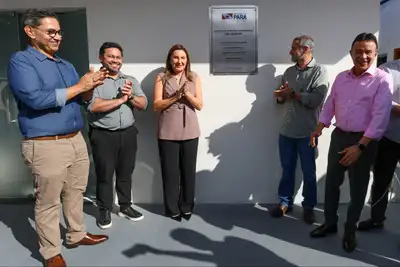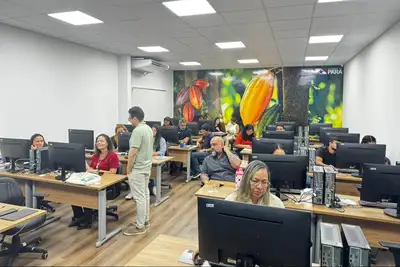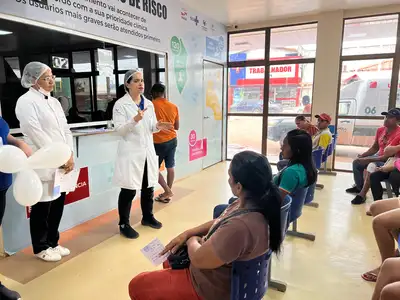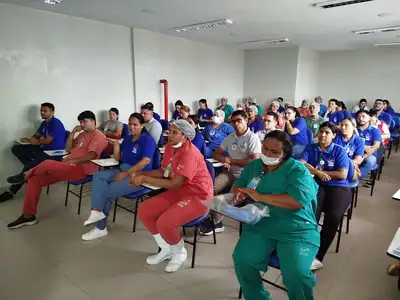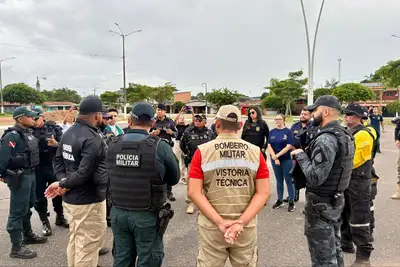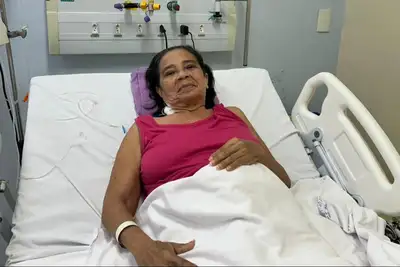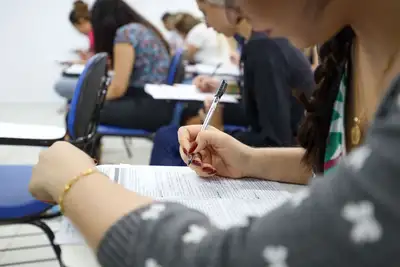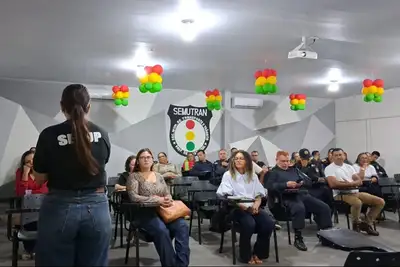Government of Pará encourages entrepreneurship among riverside women in Portel, Marajó
Partnership with the Federal Government, the Rural Promotion project is executed by Emater
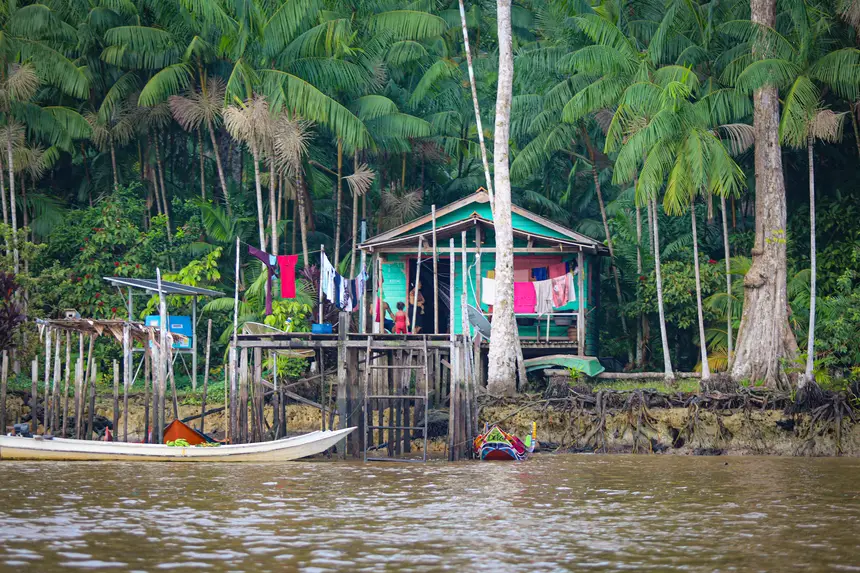
Through projects developed by the local office of the Technical Assistance and Rural Extension Company of the State of Pará (Emater), in Portel, Marajó, under the Rural Promotion Program (Fomento Rural), a partnership between the Government of Pará and the Federal Government, 20 riverside families dependent on Bolsa Família and with a history of illegal logging are preparing to start their own sustainable businesses, aiming for greater economic independence and socio-environmental regularization.
The opportunity is for direct sponsorship, with no repayment required, in the individual amount of R$ 4,600 in two installments, for activities such as raising free-range chickens, fish farming, setting up flour houses, and managing native açaí groves in 19 rural villages along the banks of the Camarapi and Pacajá rivers.
The main beneficiaries in the registration phase are young women, around 30 years old, with an average of two to three young children and in stable unions. One of the support groups for mobilization is the Agroextractivist Association of Rural Producers of Baixo Pacajá (Agrupa).
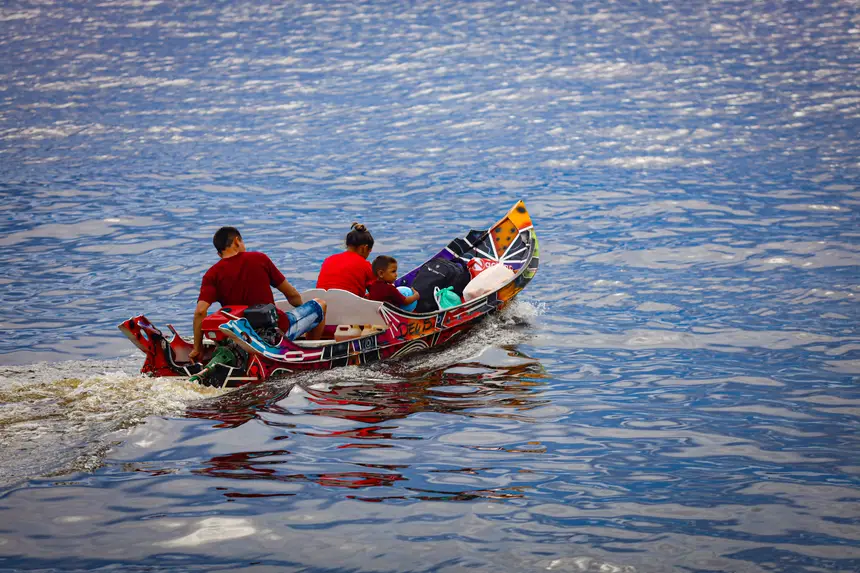
“Family farming in Portel has a lot of market potential, especially for flour, supported by several factors: fertile land, solid ground, and generations of experience. Açaí is also emerging: it’s found in the floodplain and igapó. We know we can expand and improve, including intercropping cassava with pineapple, banana, and other species, to ensure basic food priority and then sales. We also highlight the issue of fish, using tank technology in areas of permanent preservation (APP),” explains Emater's forestry engineer Milton Costa, a specialist in Georeferencing of Rural Properties and responsible for executing the Program in the municipality.
Initiative
The cultivation of tambaqui in a wooden tank of over 60 m² in the waters of the Pacajá River, with a capacity for a thousand fingerlings, is precisely the entrepreneurial plan of Ísis de Fátima dos Santos, 33, from the Filadélfia community. “We even fish with nets, but cultivating the fish will give us much more certainty of product for us to consume and to sell,” evaluates Fátima, the owner of Sítio Nazaré, where she lives with her partner, Marcelo Oliveira, 33, and their two children: Lorran, five years old, and Emanuel, 13 years old.
The family farmer emphasizes the recognition of women in the process: “We are being seen and recognized as protagonists of the rural family, not just as housewives and caregivers of children, or as labor support for husbands, but as leaders in work, sustenance, and command,” she says.
Text by Aline Miranda


